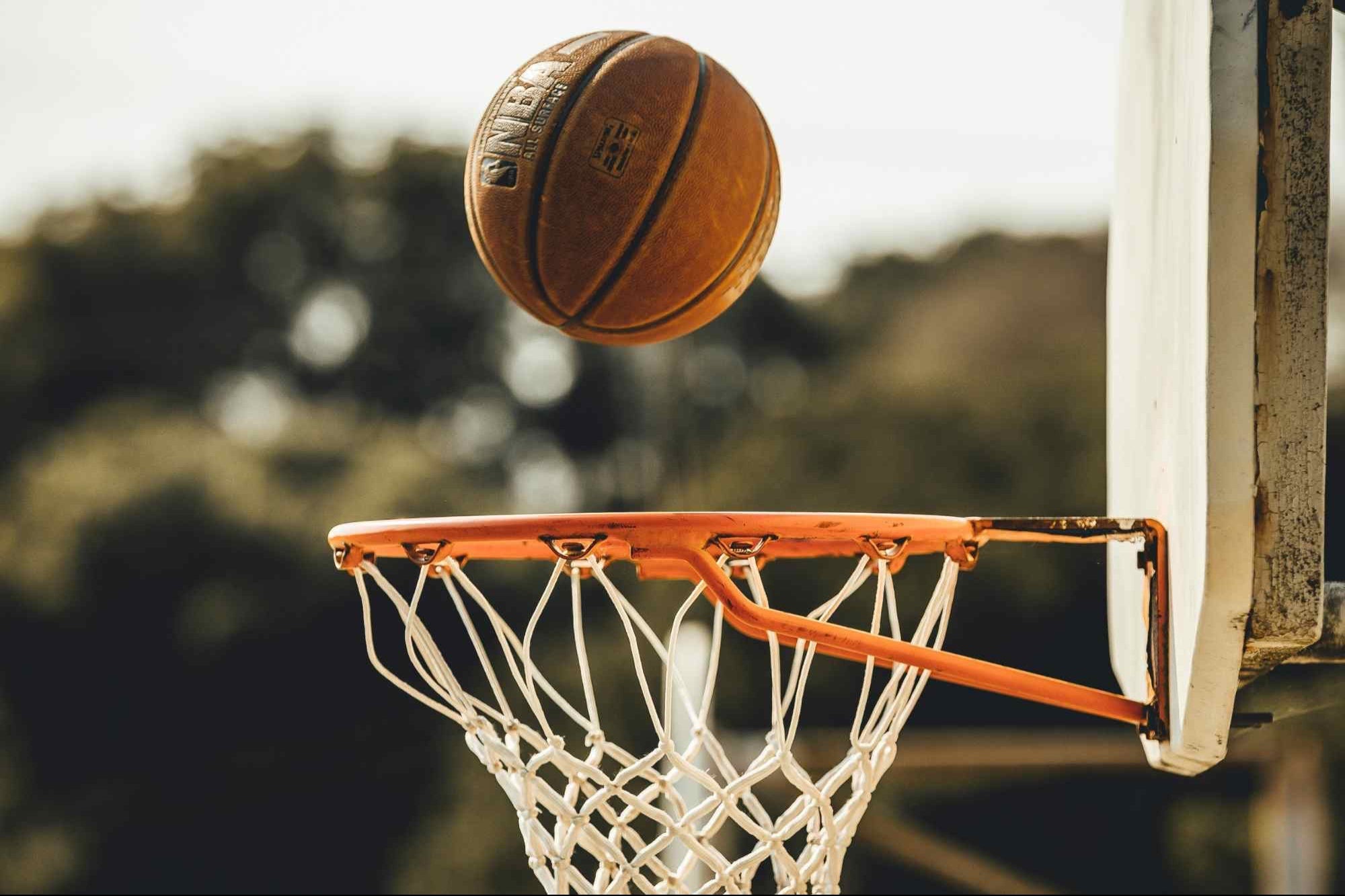Key Learning From An Athlete's Recovery That Teach Us About The Grit In Business What lessons can we learn from injuries and forced absences from our sport? In what ways can disasters guide us toward self-discovery and help us gain perspective? And what is the connection between that and the other work we do?
By Kavya Pillai
Opinions expressed by Entrepreneur contributors are their own.
You're reading Entrepreneur India, an international franchise of Entrepreneur Media.

What lessons can we learn from injuries and forced absences from our sport? In what ways can disasters guide us toward self-discovery and help us gain perspective? And what is the connection between that and the other work we do? There are plenty of opportunity to spiral into questions like "Why am I doing all this?" and "Whoever am I?" due to the drastically shifting conditions.
Your natural coping strategy of working out is abruptly taken away from you, particularly when you're healing from an injury that kept you out of your sport. During a successful session, the annoying combination of overanalyzing and not being able to "shake it off" can become overwhelming more quickly than we would like. We recently spoke to Arvind Krishna a Basketball player, Athlete and Actor on his experiences and lessons in recovery.
Rehabilitation Process
"Most recently February 11, 2024 I suffered perhaps the worst fall I've ever had during a game. I was going for a block and was pushed and sandwiched on either end by opposing team players. There was no room to land properly. I heard a pop and when I landed I couldn't stand again," recalled Krishna. "This injury has been a big setback for two of my movies," he added. As for his rehabilitation he said, "I spent a lot of time meeting different orthopedic specialists and pain management specialists and finally shortlisted a great one that I have been working with. I'm so grateful to the entire basketball fraternity in India and abroad. So many people got in touch with me during the days and weeks after my injury to share their own experiences." In rehab, they used ultrasound therapy, interferential therapy, needling, platelet-rich plasma injections, and a lot of physio with bands to heal the injury and strengthen the muscles which hadn't been used for a while. He went from needing a walker for support to pain-free walking in about 8 weeks. The next step was to build more strength and balance.
What should you do?
"I have three tips to share based on my own experience." First is seeking out a medical team that works with athletes and understands their unique environments. Second, go to doctors who are practising evidence-based care. There are a lot of emerging technologies and therapies that can aid in healing but they're not present across all facilities yet. "For example, most places will do a platelet-rich plasma injection in the general vicinity of the knee but the place I am going to guide that injection with the appropriate scanning devices so they can see my exact tear on a real-time basis and give that injection where it is most helpful," he said. Finally, you have to know when it's worth it to play the next game. Are the stakes high enough that you want to risk playing post-injury? If not take as long as you need before you recover fully.
Steady Routines
His practice is typically divided into two segments: work at the gym and work on the court. At the gym, "my focus is on strength training, agility, endurance, and balance. Plyometrics which focus on jump techniques and explosive movements are an integral part of my gym workouts". As a basketball player, the in-season and off-season training differ greatly so one has to have a proper load balance and also work on lagging or weaker body parts or aspects. On the court, training will typically include ball handling, shooting, movement practice and specific plays with teammates. "Basketball has been one of the greatest joys of my life as far back as I can remember. I want to see basketball become a mainstream, well-funded sport where players can create a full-time, lucrative career around it just like in the US where I grew up," Krishna said.










